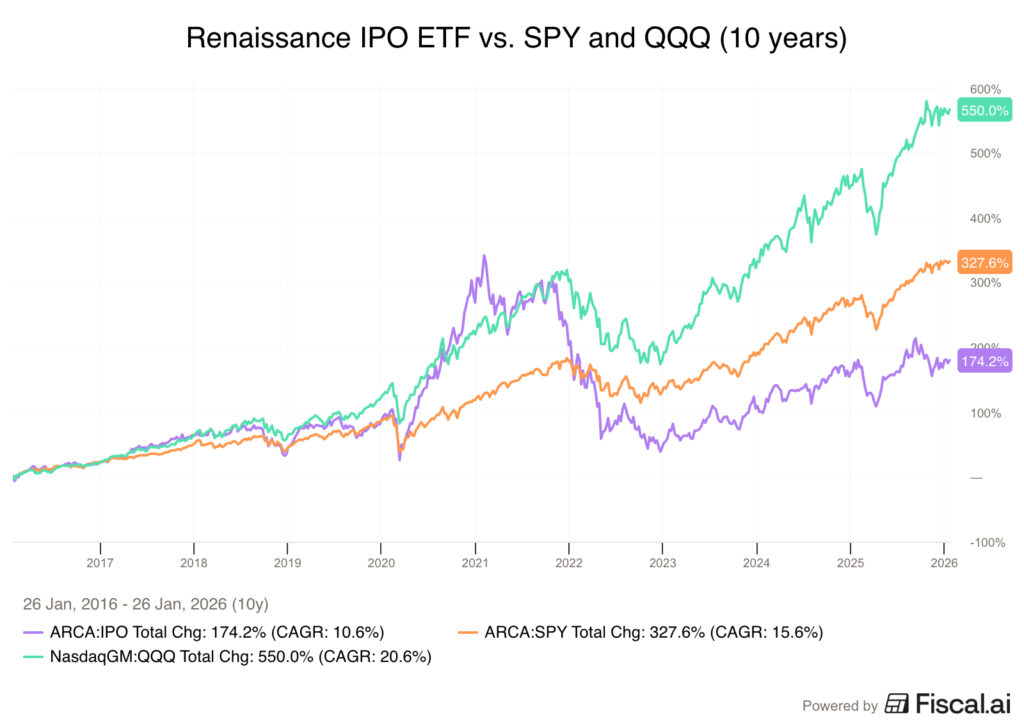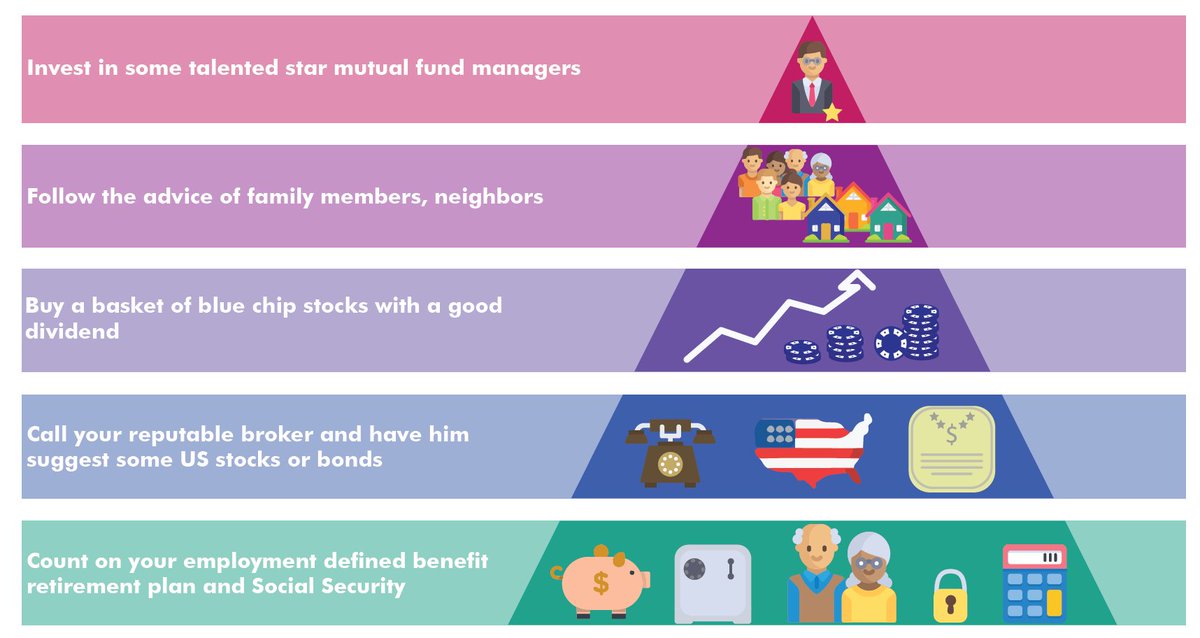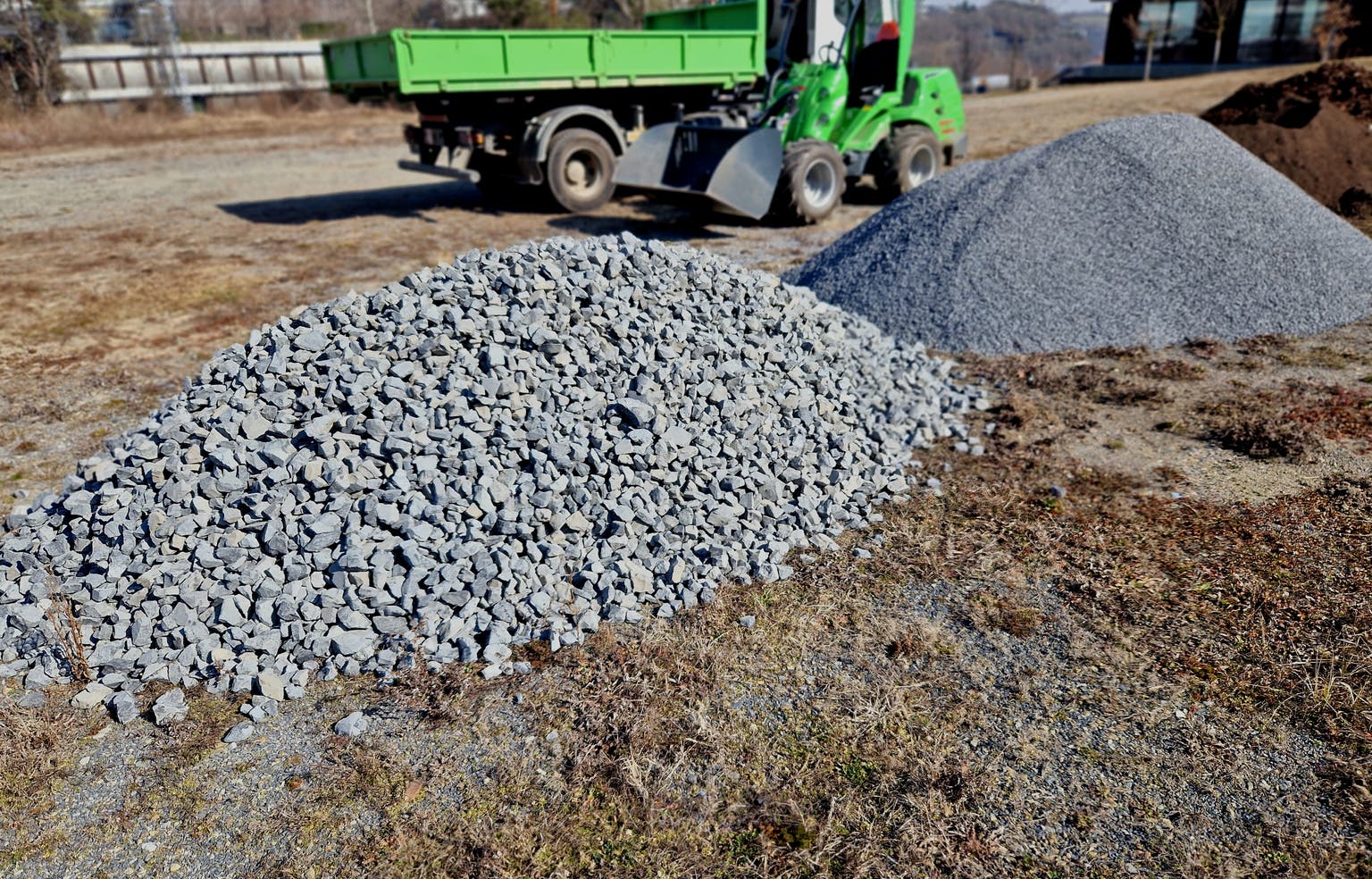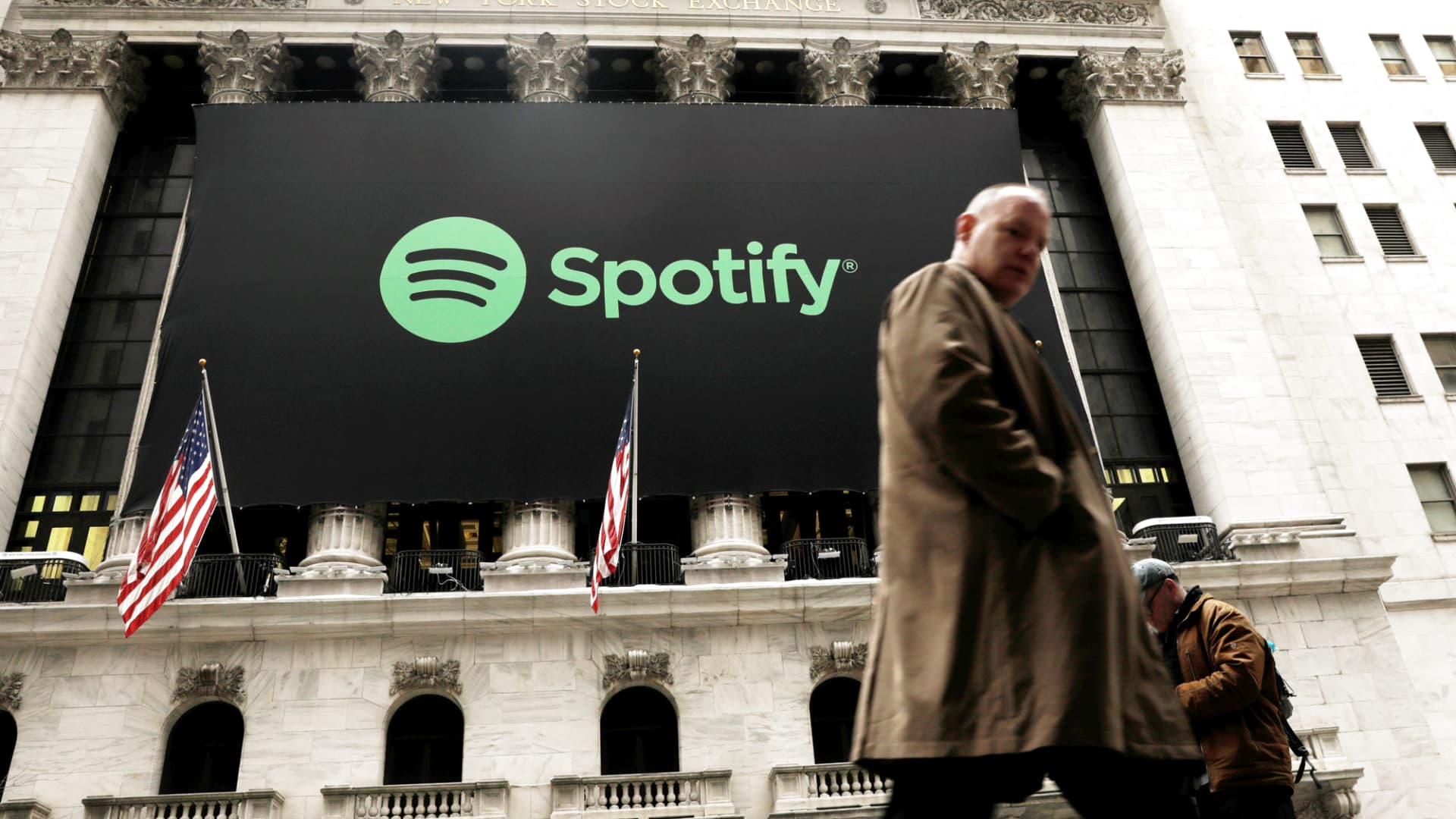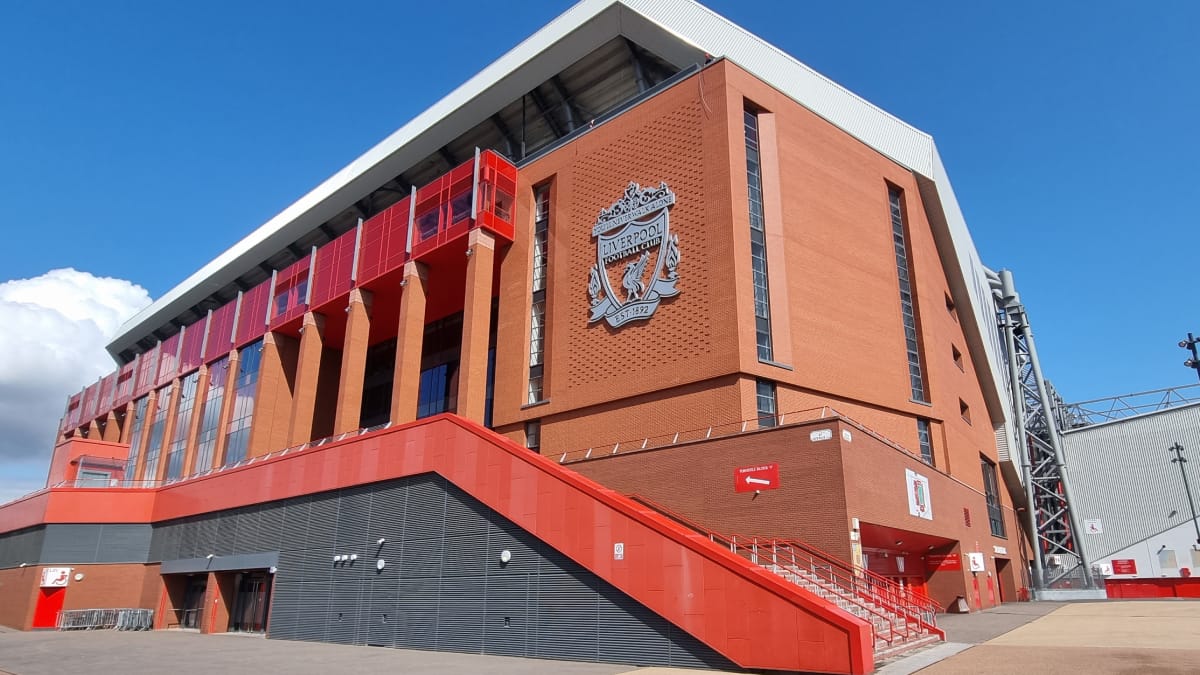© Reuters.
(Reuters) -ServiceNow raised its forecast on annual subscription revenue on Wednesday, as the software firm expects to attract new clients for its generative artificial intelligence (AI) products.
Businesses are investing in services and products to automate their workflow, in a bid to speed up operations and improve communication, boosting demand for companies such as ServiceNow (NYSE:).
The Santa Clara, California-based company also offers generative AI-integrated products such as its Now Assist feature, which helps firms in summarizing cases and offers search features and virtual interactions with agents.
In its first full quarter since the launch of Now Assist, an additional 67 customers adopted ServiceNow’s generative AI solutions, the company said.
After the launch of OpenAI’s chatbot ChatGPT in November 2022, businesses are relying on products infused with AI technology to improve services in a highly competitive IT industry.
ServiceNow also announced a five-year deal with Visa (NYSE:) on Wednesday, as the payments processor looks to resolve disputes with cardholders. Besides, the company extended its partnership with professional services firm EY.
ServiceNow expects its full-year 2024 subscription revenue to be between $10.56 billion and $10.58 billion, compared with its earlier projection of $10.4 billion.
“We had a goal to cross $10 billion in cumulative annual contract value into 2025. We did that going into 2024. So we’re a year ahead of schedule,” ServiceNow Chairman and CEO Bill McDermott told Reuters.
It forecasts first-quarter subscription revenue in the range of $2.51 billion to $2.52 billion, above analysts’ average estimate of $2.46 billion, according to LSEG data.
ServiceNow, which has tie-ups with companies such as IBM (NYSE:) and Accenture (NYSE:), posted fourth-quarter revenue of $2.44 billion, versus analysts’ expectations of $2.40 billion.
Its subscription revenue for the fourth quarter was $2.37 billion, compared with analysts’ estimate of $2.32 billion.
The company’s adjusted profit of $3.11 per share also topped market estimates of $2.79 per share.


